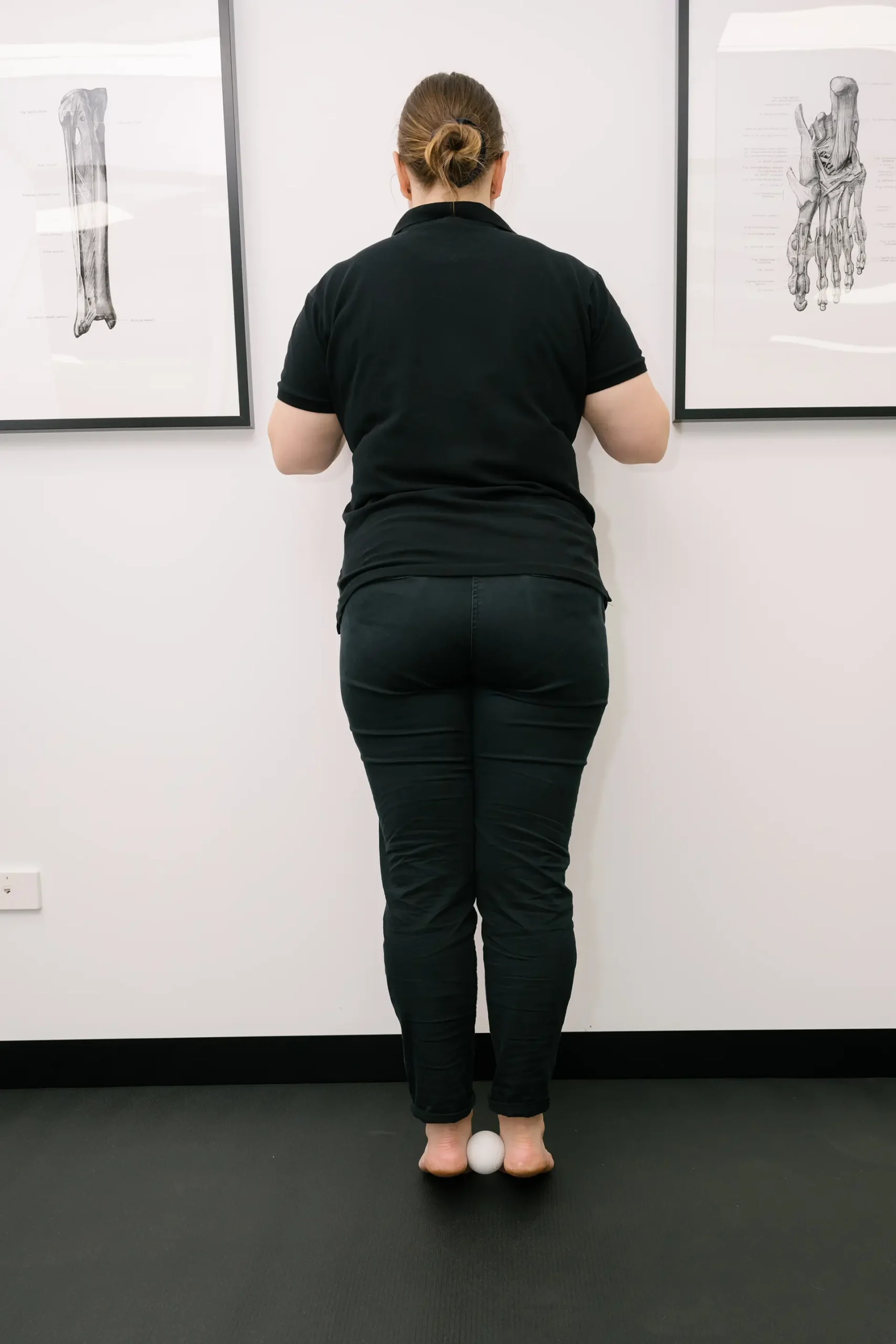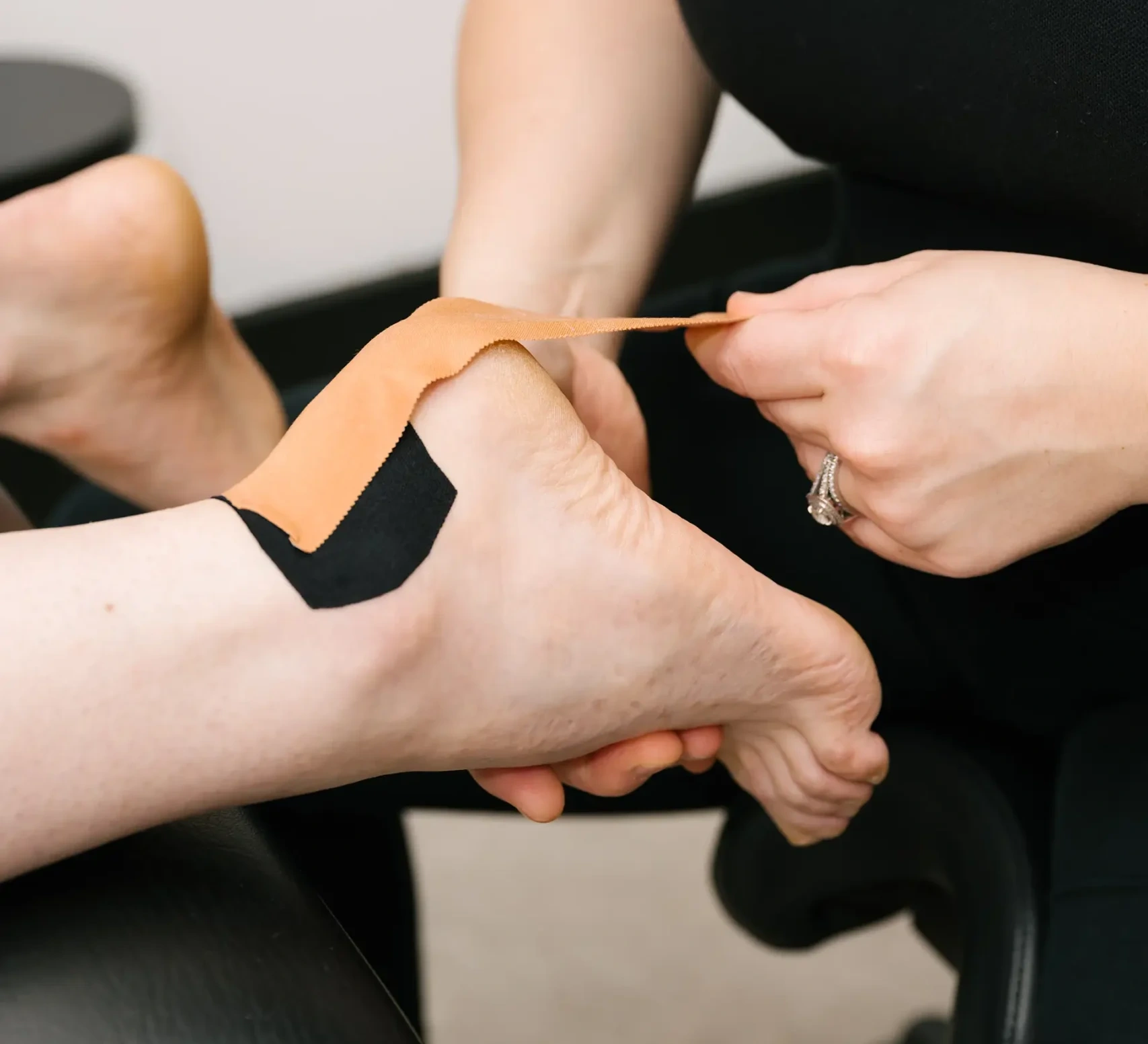Experiencing heel pain during pregnancy or after giving birth? You are certainly not alone. Heel pain affects roughly 10% of the world’s population, most commonly between the ages of 25 to 65 years old the very age range where many people are experiencing pregnancy or early motherhood.
For new and expectant mothers, heel pain can be particularly frustrating, as it interferes with daily mobility, comfort, and the ability to care for yourself and your baby. But understanding why this pain occurs and how it can be managed is the first step toward relief.
Why Heel Pain Can Increase During Pregnancy and Post-Partum
Pregnancy and the post-partum period bring about significant changes in the body, many of which place additional strain on your feet. Some of the most common contributors to heel pain include:
- Weight changes: The natural increase in body weight during pregnancy places more pressure on the heels and arches.
- Hormonal changes: Higher levels of the hormone relaxin loosen ligaments and joints to prepare for childbirth. Unfortunately, this can also lead to reduced foot stability.
- Footwear changes: Many women switch to different shoes during pregnancy, sometimes without adequate support. Barefoot, flat shoes, slippers, or tight-fitting footwear can worsen heel discomfort.
- Biomechanical changes: The growing belly shifts your centre of gravity, altering your gait (the way you walk) and increasing stress on the heels.
- Physical activity changes: Reduced or modified exercise routines can weaken supporting muscles, leaving the feet more vulnerable to pain.
- Other factors: Swelling, fluid retention, and even lifestyle adjustments post-partum can all contribute to changes in foot health.
Given that your feet are the foundation for balance, stability, and mobility, it’s no surprise that these combined changes can result in heel pain.

How Heel Pain Can Be Treated
The good news is that heel pain during or after pregnancy is very treatable, and with the right care, most women experience significant improvement. Podiatrists are trained to assess and manage heel pain using safe, effective, and tailored approaches.
Some treatment modalities your podiatrist may recommend include:
- Custom Foot Orthoses – Specialised insoles designed to support your arches, redistribute pressure, and correct biomechanical imbalances.
- Footwear changes – Guidance on supportive, pregnancy-friendly footwear that minimises stress on the heels.
- Dry needling – (safely introduced after the first trimester) to release muscle tension and reduce pain.
- Deep tissue massage – To relieve tight muscles and improve circulation in the feet and lower legs.
- Laser therapy – A non-invasive treatment that helps reduce inflammation and promote healing.
- Taping/strapping – To provide temporary stability and support during walking or standing.
- Strengthening and stretching exercises – Tailored routines to improve foot and leg strength, restore flexibility, and prevent recurrence.
When to See a Podiatrist
If you are in the later stages of pregnancy or have recently given birth and are experiencing heel pain, it’s important not to ignore it. Persistent pain can impact your ability to stay active, care for your baby, and enjoy daily life.
Our podiatrists can complete a thorough assessment and create an individualised treatment plan tailored to your unique needs, ensuring safe and effective relief.

